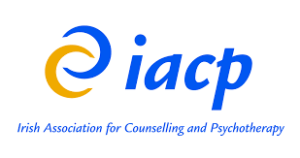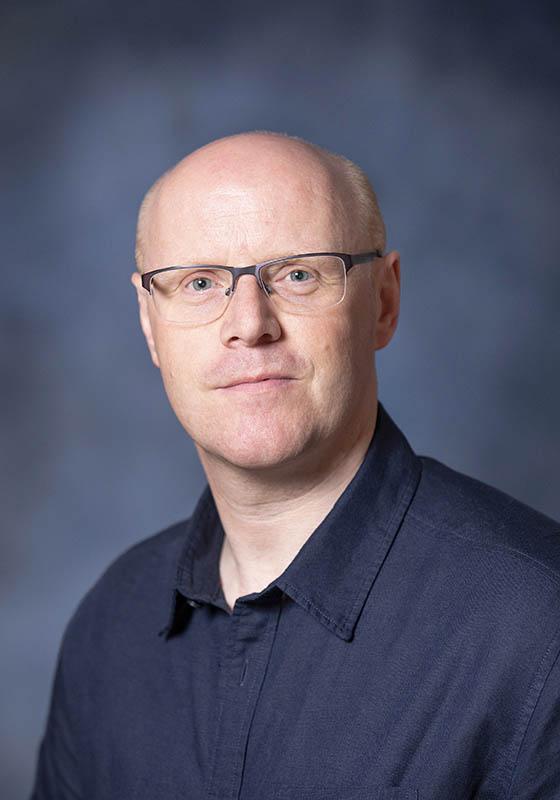Andrew’s fee is €90 per 50 minute session
Psychotherapy Training and Accreditation
Andrew holds a Diploma and BSc (Hons) in Counselling & Psychotherapy (first class) from PCI College & Middlesex University. His post-graduate training includes a Diploma in Relational Gestalt Supervision and Diploma in Relational Gestalt Therapy from Dublin Gestalt Centre, and two years’ training in Somatic Trauma Therapy with US practitioner and author Babette Rothschild. Andrew’s continuing professional development includes: Individual Gestalt Therapy and Gestalt Couples Therapy (GATLA); Working with Gender Identity and Working with Parents of Gender Dysphoric Children & Adolescents (Pink Therapy, London).
Andrew is accredited as therapist and supervisor by the Irish Association for Counselling and Psychotherapy (IACP) and is an accredited member of the European Association for Counselling (EAC). In line with the ethical codes of these professional bodies, he completes further training each year, and attends regular clinical supervision as well as his own personal therapy.
Counselling and Psychotherapeutic Approach
Andrew offers you an attitude of acceptance as a person, a willingness to understand what is going on for you right now and how you see yourself in the world, and a commitment to be honest and real with you as you work together. Research suggests that the relationship between therapist and client is a significant factor influencing healing and growth in counselling and psychotherapy. Andrew will work with you to create a therapeutic environment that facilitates growth towards your full life potential, through developing a professional therapy relationship that is also genuinely human.
He works to provide a space in which clients may become more aware of their feelings, experiences, underlying beliefs about life, habitual patterns of behaviour or of relating to others, and how these may be impacting and shaping their life right now. Through dialogue and exploration, the goal is that clients come to know themselves better, so that this self-awareness may inform their choices or behaviour. While some clients will begin to gain useful awareness straight away, for others this may take some time, as for many it is the first time that they have really been invited to explore their feelings.
Some clients have come to distrust their emotions and body sensations or see them as ‘symptoms’ to be got rid of, and may see themselves as ‘logical’ or ‘rational’ people. Many clients have come to believe, through their experiences, that certain emotions are ‘bad’, ‘negative’, ‘unacceptable’, or ‘unmanageable’. Cut off from these emotions, or overwhelmed by them, they find themselves stuck, confused or lacking an inner sense of direction in life. Andrew views all emotions as valid responses to life situations, which can give us valuable information about what is going on.
Whether or not we are consciously aware of them, feelings, emotions, and how they are experienced in the body, play a huge part in all our choices and behaviour. Andrew seeks to support clients safely to experience, explore and manage (regulate) their own emotions, rather than avoiding / distracting from, repressing or being overwhelmed by them. The aim of this greater awareness is to strengthen each client’s own inner sense of direction for their life.
We are social animals, and relationships (with family, friends, partners, co-workers and with ourselves) shape our lives and impact our mental health. Through paying attention to, and sharing honestly our experience of each other as client and therapist, clients may gain awareness of how they relate to others (and to themselves), and safely experiment with new ways of relating, both inside and outside the therapy room.
In theoretical and philosophical terms, Andrew’s approach is fundamentally relational, humanistic-existential and an integration of person-centred, embodied-experiential and contemporary relational Gestalt approaches. His practice is also informed by the more humanistic among the psychodynamic theorists (including Bowlby, Winnicott) and by a keen interest in how therapists and their clients can benefit from scientific advances in understanding the brain and nervous system.
As an accredited clinical supervisor, Andrew’s approach is an integration of Relational Gestalt and cyclical models. He seeks to co-create supervisory relationships of genuine dialogue and mutuality, in which practitioners may find space for embodied reflection, exploration and challenge, to support their work, their ongoing development as practitioners, and their fulfilment of the many other ethical and legal requirements of their profession.
Counselling Experience and Areas of Interest
Andrew has a wide range of counselling experience gained in private practice working alongside a team of GPs at a busy Dublin medical centre since 2011. His therapeutic work with adults aged 19 to 70+ includes men and women experiencing: anxiety, panic attacks, depression, struggles around understanding or accepting identity (personal, sexual, gender), work-related stress, bullying, bereavement, loss, chronic and serious illness, fear of death, loneliness and isolation, difficulty forming or maintaining healthy relationships, difficulty identifying, feeling or managing emotions, communication issues, separation and divorce (personal or parental), childhood or adult trauma including narcissistic abuse, lack of meaning, direction or confidence, spiritual crisis, problematic behaviour patterns, career change, retirement, and many other life crises and challenges. In recent years, Andrew has worked with and provided a supportive therapeutic environment for several adult clients who have identified traits, or who have received a formal diagnosis of ADHD/ADD or autism spectrum condition (including so-called ‘high functioning autism’ and Asperger syndrome).
He works with lesbian, gay, bisexual and transgender clients (18+) within an affirmative framework. This means that he seeks to co-create a safe space, in which LGBTQI+ clients may gain greater understanding and acceptance of their own unique identity.
Andrew was born and grew up near Belfast and his first degree was in Music. As a young adult, he gained significant life experience providing pastoral and emotional support for the seriously ill, the dying and bereaved families in two Dublin hospitals. He then studied arts management and worked as a producer in theatre, music, opera and dance for more than a decade before qualifying as a therapist. In addition to his private practice, Andrew was involved in the training of therapists for a number of years, as a lecturer and group therapist.



